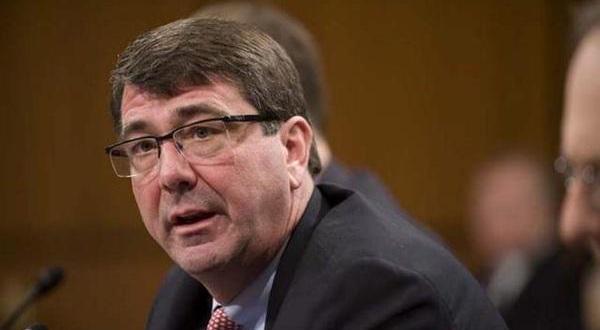The American Secretary of Defence Ashton Carter in an interview with The Atlantic magazine blamed the Gulf Cooperation Council (GCC) of not opposing Iran regionally. He said “We see Iran everywhere, but we do not see a Gulf presence”. Contrary to his observation, there are many articles in the American press which state the opposite; Carol Giacomo wrote in the New York Times that “there is a Saudi obsession which imagines the presence of Iran in all the events of the region”. Are the Gulf states afflicted with blindness and do not see the danger of Iran, or do they suffer from hallucinations of an Iran syndrome?
The reality is a bit of both; the Gulf states are in a state of multi-front confrontation with Iran as they have been funding the opposition for the last 4 years in Syria. In Yemen, Saudi Arabia and its Gulf allies are fighting its biggest war against followers of Iran who forcefully seized power and took members of the government hostage. Apart from this, there are other regions of tension including Libya. At the time that the American Secretary of Defence Ashton Carter casts blame, he also sees Iran present in every troubled corner explicitly through its proxies. This includes Hezbollah, a large Shi’ite organization that lives completely off Iranian funds and weapons, the Sunni Islamic Jihad and Hamas in Gaza and the extremist Shi’ite religious opposition in Bahrain. The Ansar Allah group which the Iranians founded along the lines of Hezbollah in northern Yemen on the borders of Saudi Arabia is also an Iranian proxy in addition to many Iraqi organisations that work for Iran such as Asa’ib Ahl al-Haq and Hezbollah Iraq.
Iran has always been active in stirring up trouble in the region and has whetted its appetite since the beginning of negotiations on the nuclear deal with the west. It thinks that the west no longer wants to confront it apart from its recent past.
However, contrary to what Carter’s statement suggested, the tension does not require raising the degree of confrontation with Iran. Certainly, managing the crisis with Iran today is not easy at all and requires a bit of firmness and a lot of wisdom.
